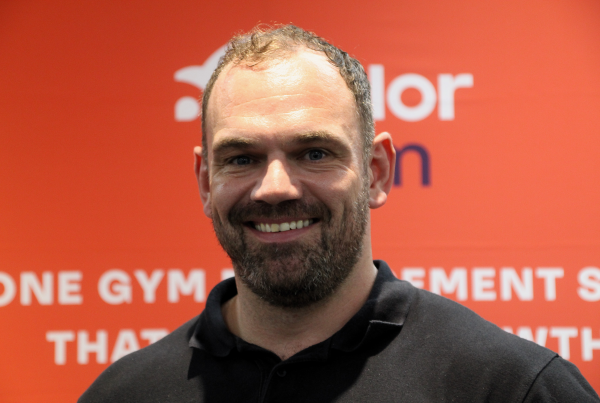In this blog series, ukactive hears from members of the Churchill Fellowship programme who have completed research into physical activity across the globe. ukactive is a Research Partner of the Fellowship and this series gives an insight into the research projects underway and what ukactive members can take from their findings.
In the second blog of the series, Beth Brown, Operations Manager, National Centre Sport & Exercise Medicine Sheffield, discusses her research into physical activity for cancer care and how the physical activity sector can take and implement insights within their operations.
Creating a culture of movement in cancer treatment
My research delves into the underutilised potential of physical activity in cancer care. Despite its proven benefits, staying active is not routinely promoted for people living with and beyond cancer in the UK.
Through my Churchill Fellowship, I explored how exemplar programmes in the USA and Canada have embedded a culture of exercise into standard cancer care, making it as essential as any other treatment. My aim was to understand what systems, partnerships, and strategies have made this possible, and how we can adapt these approaches to improve services in the UK.
What can the physical activity sector do?
Operators in the physical activity sector can play a pivotal role in bridging the gap between evidence and action.
One key lesson from my research is the importance of bringing fitness facilities and healthcare settings closer together, both physically and operationally. Physical activity providers could co-locate with healthcare facilities, which would help normalise physical activity as part of the patient’s treatment plan and recovery process, reinforcing behaviour change through environmental cues. This approach also strengthens partnerships with healthcare professionals, creating opportunities for more direct referrals and clearer pathways between healthcare and physical activity providers.
By integrating physical activity providers as essential partners within the cancer care pathway, we can ensure their role is fully aligned with clinical care rather than being perceived as a disconnected service.
Furthermore, it is crucial for providers to be proactive in forging partnership and recognise that system leadership is more influential than funding when creating cultural change.
The road ahead: implementing change in the UK
My current focus is on developing a cancer and physical activity pathway in Sheffield through co-production and systems-based working. This includes upscaling the National Centre for Sport and Exercise Medicine’s colocation model, which integrates physical activity services within NHS settings.
I’ll be applying the insights from my research to strengthen collaborations between clinical staff, physical activity providers, and the community, with the aim of making physical activity a core component of cancer care.
Additionally, I plan to share these learnings widely across the UK, supporting the development of similar pathways in other regions.
Embedding these findings into cancer care pathways will help create more accessible, scalable services. These changes will help to build a culture where physical activity becomes business as usual in cancer care, benefiting countless people living with and beyond cancer.
To learn more, read the full report here The Churchill Fellowship

More People More Active More Often




